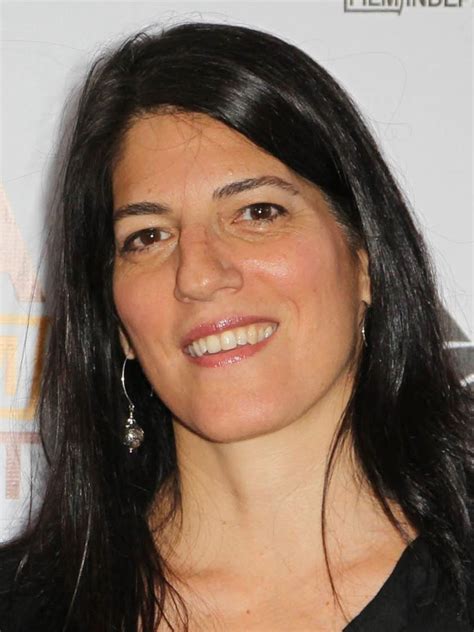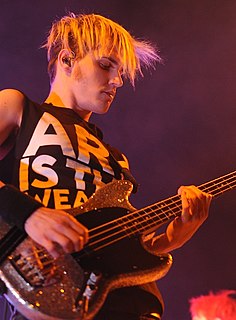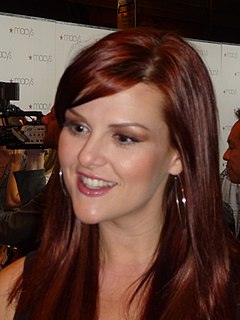A Quote by Kim Gordon
I think of myself as unconventional, I guess. I maybe always had a problem with authority, like a stubbornness about what's expected - despite wanting to get some recognition through performing - but also not always wanting to do the expected thing.
Related Quotes
Once I knew that I wanted to be an artist, I had made myself into one. I did not understand that wanting doesn't always lead to action. Many of the women had been raised without the sense that they could mold and shape their own lives, and so, wanting to be an artist (but without the ability to realize their wants) was, for some of them, only an idle fantasy, like wanting to go to the moon.
I think the important thing to remember about the Japanese internment is the situation. We had been attacked. Maybe Roosevelt expected it - I rather think he did. I don't think he expected an attack on Pearl Harbor. I think he expected an attack on Southeast Asia. But we were attacked at Pearl Harbor
Sometimes people go off in a slightly different direction of wanting to be different, of wanting to be special, of wanting to be more, and I think that those people are often - not always, but often - genuinely different in some way. Perhaps their gender orientation is not acceptable or popular, not the norm. Or, their physical design is literally, in some way, setting them apart. Or, in many cases, they feel the burden of their ordinariness so dreadfully that they strive to find some way of being unique. I think that can be a very positive thing, but it also can be negative, destructive.
But something magical happened to me when I went to Reardan. Overnight I became a good player. I suppose it had something to do with confidence. I mean, I'd always been the lowest Indian on the reservation totem pole - I wasn't expected to be good so I wasn't. But in Reardan, my coach and the other players wanted me to be good. They needed me to be good. They expected me to be good. And so I became good. I wanted to live up to the expectations. I guess that's what it comes down to. The power of expectations. And as they expected more of me, I expected more of myself, and it just grew and grew.
One of things I write about a lot is the role of women. An older friend of mine said that she feels like there's always a tension between wanting to be free and wanting to be cherished. I think that's one of the things that my whole book speaks to, wanting to break out of the confines of the roles that are prescribed for women and yet at the same time, not wanting to be totally free. You want to have intimate relationships. It's that bursting out of confinement.
We were not having any fun, he had recently begun pointing out. I would take exception (didn't we do this, didn't we do that) but I had also known what he meant. He meant doing things not because we were expected to do them or had always done them or should do them but because we wanted to do them. He meant wanting. He meant living.



































